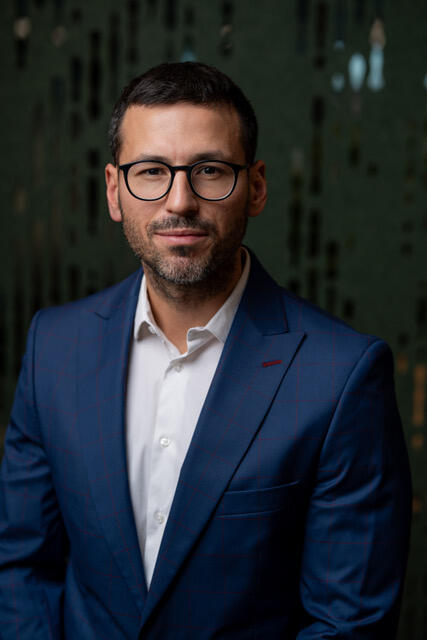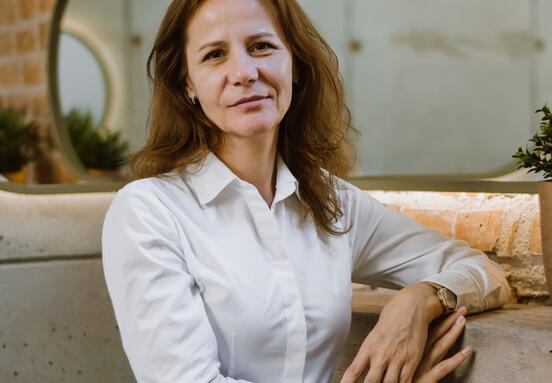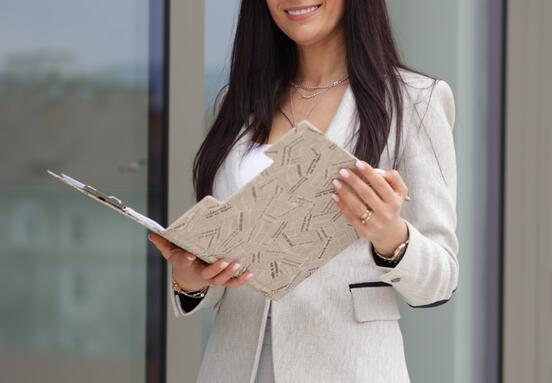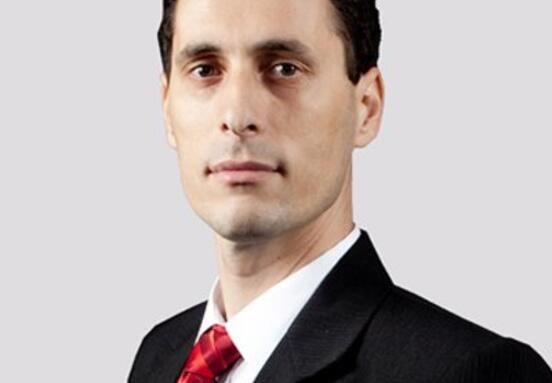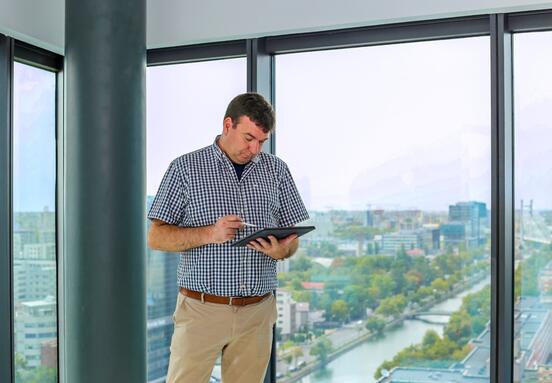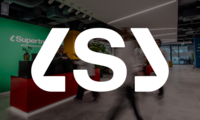Background & Expertise
George, could you start by sharing your professional journey and how you joined Supertree? What led you to specialize in office fit-outs, and how has your experience shaped the way you approach workspace projects today?
My professional journey has always been guided by the people I choose to work with and the opportunities that challenge me to grow. I’ve gravitated toward teams and projects where evolution and knowledge transfer are constant — environments where I can learn, contribute, and make a meaningful impact.
I joined Supertree initially as Head of Construction, bringing extensive expertise in office fit-outs, because I saw the chance to shape something bigger than a single project: a workspace ecosystem that truly empowers businesses to thrive from day one. Office fit-outs appealed to me because they are holistic by nature, combining civil engineering, MEP systems, interiors, finishes, furniture, and design into a single, integrated experience. Every project brings new challenges, high standards, and opportunities to collaborate with skilled professionals across multiple disciplines.
For me, the most important skill in this work isn’t just technical expertise; it’s adaptability - the ability to understand complex requirements, anticipate change, and deliver solutions that are both efficient and inspiring. That mindset is central to how I approach every Supertree construction project and, more broadly, how I oversee operations as COO.
What makes Supertree’s approach to workspace design and construction stand out in the Romanian market? Is it the process, the materials, the collaboration with clients — or the philosophy behind each space?
What sets Supertree apart is our balanced approach to workspace design — blending aesthetics, functionality, and financial efficiency. Every project is carefully planned to deliver the best price-quality ratio, giving our users a premium experience without unnecessary costs.
But it’s not just about the workspace itself. We design with the end user in mind, considering how teams will grow, collaborate, and thrive within the space. Our goal is to create environments that facilitate connection and productivity, not just meet technical specifications.
At Supertree, every project is approached as an ecosystem rather than a static office. The philosophy behind our spaces is simple: a well-designed environment can shape organizational culture, spark collaboration, and drive innovation. It’s this combination of thoughtful design, practical efficiency, and human-centric philosophy that truly sets us apart in the Romanian market.
How would you describe the evolution of the Romanian office market over the past few years? Are tenants now prioritizing flexibility and well-being more than location or prestige?
The Romanian office market has evolved alongside its tenants. Today, even smaller teams require spaces that reflect their brand and support future growth. We’ve moved past the era when businesses could thrive in makeshift or residential offices — every company now needs a workspace that acts as a strategic resource.
This is where coworking comes in. Beyond flexibility and modern infrastructure, it offers real cost optimization. Tenants are increasingly scrutinizing recurring expenses, looking to reduce fixed costs without compromising quality, comfort, or brand image.
A coworking solution can save up to 30% compared to a traditional office, eliminating hidden costs such as maintenance, utilities, and fit-out. Coupled with flexible contracts and the ability to scale space quickly, coworking has become a highly attractive entry and growth strategy for SMEs and expanding companies alike.
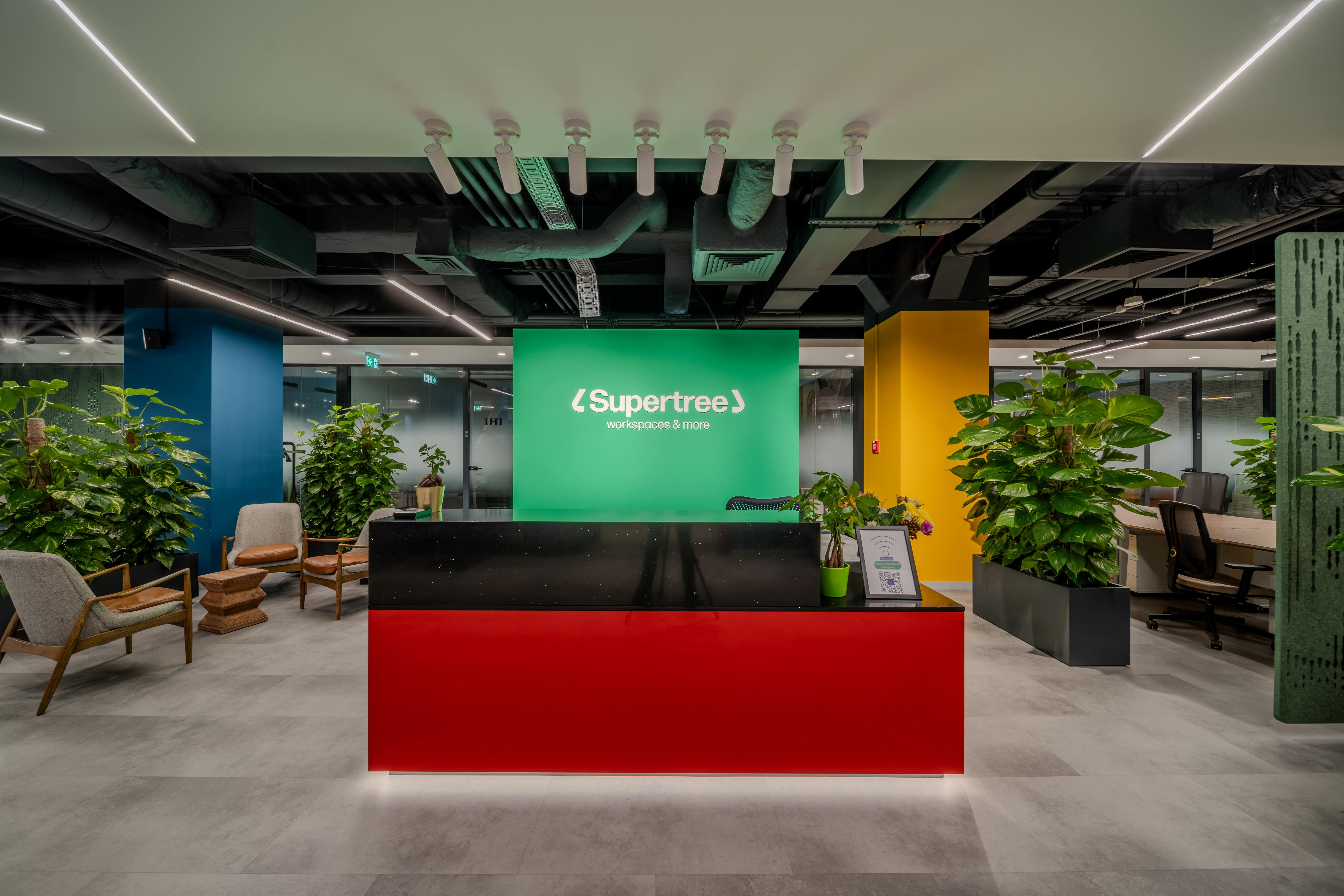
The Coworking Evolution
Coworking has gone from niche to mainstream. What are the key drivers behind this transformation? In your opinion, what convinced companies that coworking is more than just shared desks?
I see two major drivers behind the shift from niche to mainstream coworking. The first is cost efficiency and flexibility. Companies today want to control expenses, reduce financial risk, and have the option to scale up or down quickly. Coworking provides access to modern, well-located offices without the long-term commitment or overhead of a traditional lease — a solution that’s increasingly relevant in today’s business climate.
The second, and perhaps the most transformative factor, is community-driven growth. Coworking spaces bring together people with diverse but complementary expertise, shared ambition, and a mindset for collaboration. Being part of such a community opens doors to networking, knowledge exchange, and personal and professional development — all at minimal cost.
This combination of operational efficiency plus meaningful collaboration is what convinced companies that coworking is more than just shared desks. It’s an environment that fosters innovation, supports business growth, and allows entrepreneurs to learn, share, and evolve together. In my view, this shift is one of the most important transformations in today’s business environment, both in Romania and globally.
How do coworking spaces respond to the new expectations of modern professionals? Particularly when it comes to collaboration, community, and access to premium amenities?
Modern professionals expect more than a desk and four walls - they expect an environment that supports their productivity, well-being, and growth. At Supertree, this starts with high-quality, thoughtfully designed spaces: double-glazed windows, ergonomic furniture, fresh air circulation, natural plants in every room, and climate control that ensures comfort year-round. Premium amenities, from high-quality coffee to collaborative areas, further enhance the experience.
But the real value of coworking goes far beyond the physical space. Supertree is designed as a complete growth ecosystem - combining workspace, business consultancy, and access to a thriving professional community. Members can connect with specialists across disciplines, find collaboration opportunities, and access the resources they need to grow their business.
In this way, coworking is not just about working in a modern office; it’s about creating the conditions for innovation, networking, and tangible business development. The space itself becomes a platform for professional growth and meaningful connections.
Why do you think coworking is often the first step for SMEs or foreign companies expanding into Romania? Is it mainly cost efficiency, speed of entry, or the ability to scale up and down easily?
Cost efficiency and speed of entry are the most immediate benefits that draw companies to coworking. For SMEs and foreign businesses entering Romania, coworking offers a low-risk way to establish a presence in a prime location, with minimal upfront investment and clear control over recurring costs.
But beyond the initial decision, many tenants discover that coworking also provides scalability and operational agility. Teams can expand or reconfigure their space quickly, adapting to growth or changes in their business without the constraints of a traditional lease.
In today’s economic context, starting in 2026, this flexibility becomes even more critical. Companies can save up to 30% on operational expenses, avoiding large investments in furniture, utilities, or maintenance, while gaining access to a fully equipped, modern workspace. Coworking is therefore not just a cost-saving tool — it’s a strategic entry and growth platform, enabling businesses to operate efficiently and focus on what matters most: their growth and success in the Romanian market.
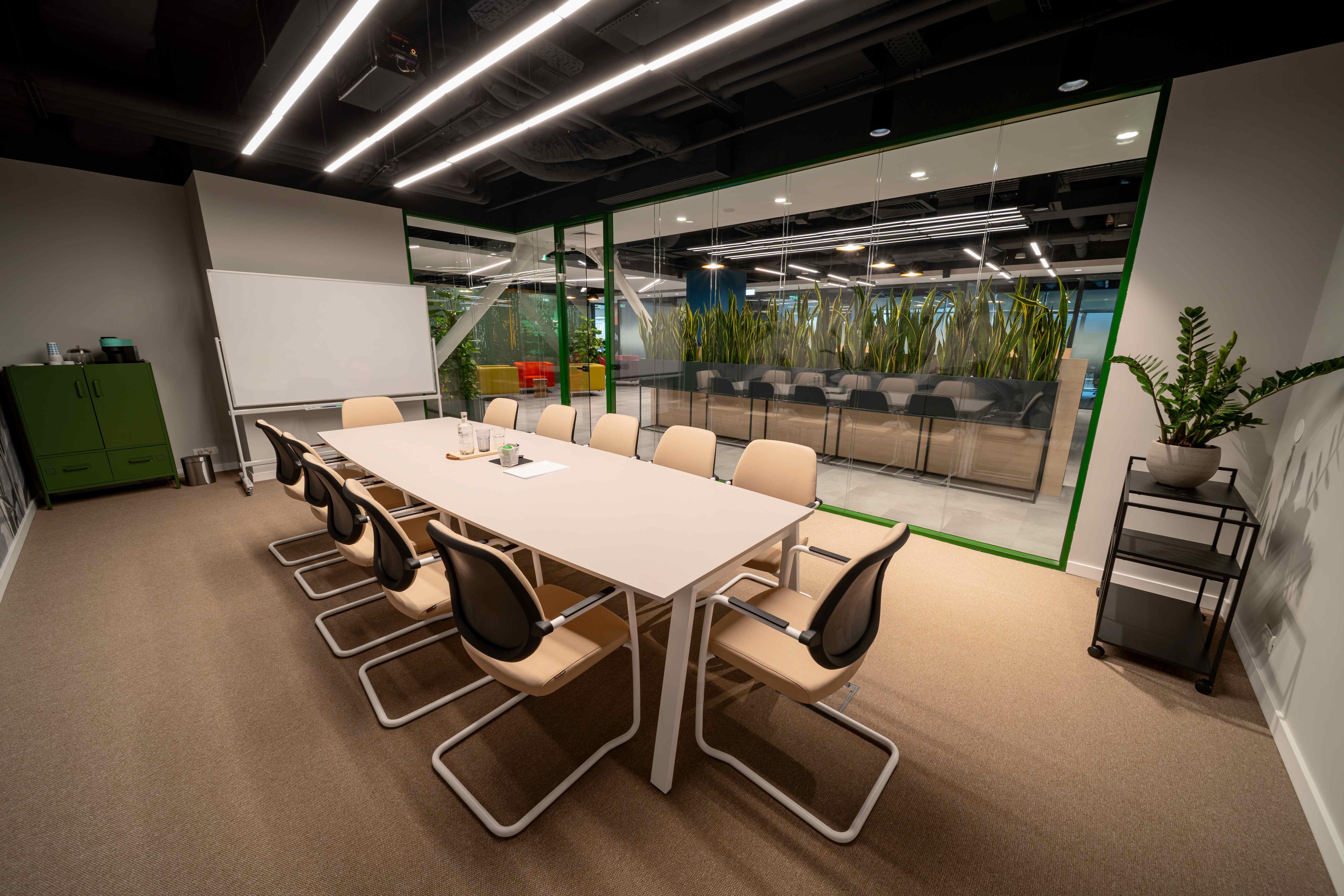
Fit-Out Perspective
From a technical and design perspective, how does building a coworking space differ from a traditional office fit-out? What unique challenges or opportunities does this model create for a construction project manager?
Designing a coworking space differs significantly from a traditional office fit-out because the space must adapt to a variety of future users and evolving needs. From the outset, every architectural and technical decision, from layout and MEP systems to furniture and finishes, has a direct impact on both the business plan and the user experience.
One of the main challenges is balancing flexibility with regulatory compliance. The solutions we implement today must allow for easy reconfiguration and scaling tomorrow, all while adhering strictly to construction regulations. Cost management is also critical: every investment needs precise oversight to ensure efficiency without compromising quality.
At the same time, this complexity presents unique opportunities. By thinking ahead, we create spaces that are resilient, adaptable, and inspiring, capable of supporting a wide range of businesses and enabling Supertree members to grow seamlessly from day one. For a project manager, and more broadly as COO, this requires a strategic mindset, attention to detail, and a deep understanding of how workspace design drives business success.
Coworking spaces must adapt constantly. How do you design with flexibility and change in mind? Do you rely on modular solutions, specific materials, or smart-infrastructure planning?
It starts with getting the fundamentals right: HVAC, ventilation, electrical systems, smart layouts, and durable finishes. These elements form the backbone of a space that can evolve without costly disruptions.
From there, we focus on modular solutions, adaptable materials, and infrastructure planning that anticipates change. Every decision is made with the future in mind — sometimes even leaving certain areas intentionally unfinished, to allow for adjustments as tenant needs evolve.
The key is building resilience into the design. By combining durable materials, modular systems, and careful infrastructure planning, we ensure that coworking spaces can adapt to a wide range of uses, team sizes, and business requirements — providing tenants with a workspace that grows with them.
How do you balance aesthetics, comfort, and performance in spaces that host multiple users from different industries?
It starts with a thoughtful design and doesn’t actually end with construction. We carefully select materials, layouts, and design themes to create environments that are visually appealing, functional, and welcoming for diverse teams.
However, the real impact comes after the space is occupied. A coworking environment is a living ecosystem - its success depends on how people interact, collaborate, and adapt within it. This means continuously monitoring the space, gathering feedback, and making adjustments to ensure comfort, efficiency, and a sense of community.
In short, a coworking project is never truly “finished.” By designing with flexibility and long-term user experience in mind, we create spaces that remain relevant, inspiring, and high-performing for every member, regardless of their industry.
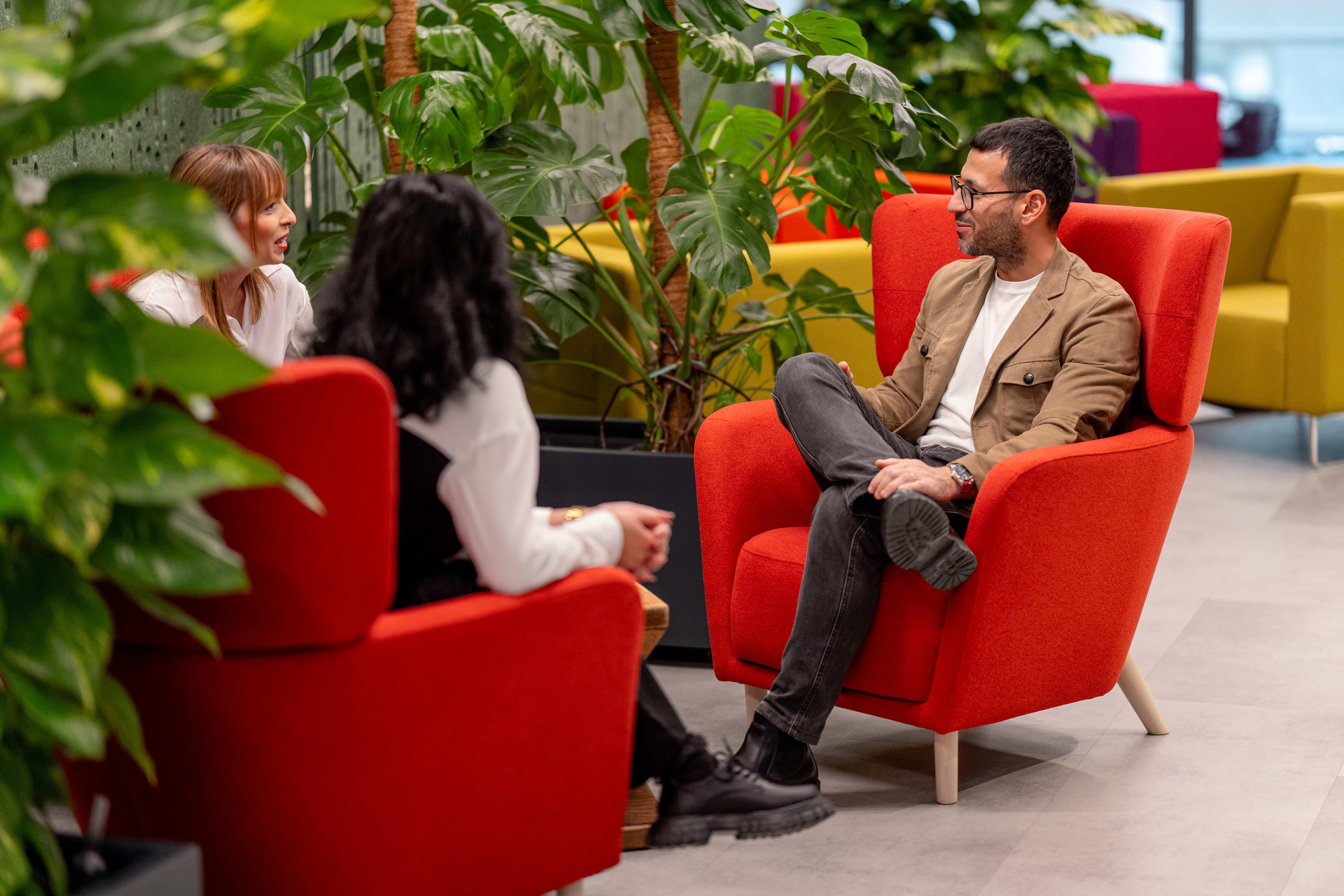
SMEs & Foreign Expansion
What would be your main advice to international companies looking to establish their first Romanian office? How can coworking serve as an ideal entry strategy before committing to a long-term lease?
I believe, for internationals entering Romania, the office solution must be easy to manage and fully aligned with their broader expansion objectives. At the start of a new market entry, time, budget, and energy are your most valuable resources - they should be spent on growing the business, not maintaining office operations.
Coworking is an ideal entry strategy. It allows companies to start operations immediately, without large upfront investments, bureaucracy, or the risk of a long-term lease. Teams gain access to fully equipped offices, premium amenities, and flexible space that can scale with their growth.
Beyond logistics, coworking offers a strategic advantage: immediate access to a local community of professionals, entrepreneurs, and potential partners. This ecosystem accelerates adaptation, fosters collaboration, and opens doors to new opportunities.
At Supertree, we ensure that the office infrastructure, services, and workplace experience are delivered to the highest standards, so companies can focus exclusively on growing their business from day one.
From your experience, what are the top three benefits coworking provides to SMEs? Financially, operationally, and culturally.
From my experience, coworking offers SMEs three key benefits: networking, financial predictability, and a high-quality work environment.
Networking: Coworking naturally fosters professional connections. Being surrounded by people from complementary fields encourages collaboration, idea-sharing, and even joint projects — often accelerating growth more effectively than any marketing campaign.
Financial predictability: Fixed, all-inclusive costs make budgeting straightforward. SMEs avoid unexpected expenses for maintenance, utilities, or office fit-out, allowing them to focus on growth with confidence.
Work environment: A modern, well-designed space motivates teams. Bright offices, thoughtful layouts, premium amenities, and a sense of community create a productive and inspiring atmosphere. At Supertree, we truly believe: build around people, and the numbers will follow.
How does Supertree assist foreign clients who may be new to Romanian building standards and regulations? Do you offer integrated project management that simplifies the entire process?
At Supertree, building standards and regulations are our responsibility, whether the client is local or international. The workspace is a resource for the business, not the business itself, and it’s our duty to ensure it functions efficiently, safely, and in full compliance.
We provide fully integrated project management, taking care of every aspect — from installation and connectivity to functionality — so companies can start operations immediately and without logistical or administrative concerns.
Beyond the physical space, clients benefit from personalized business consultancy including turnkey LLC registration, and access to a vibrant community of entrepreneurs and mentors. Supertree is more than an office; it’s a complete ecosystem that delivers comfort, reliability, and genuine support for each company’s growth and expansion.
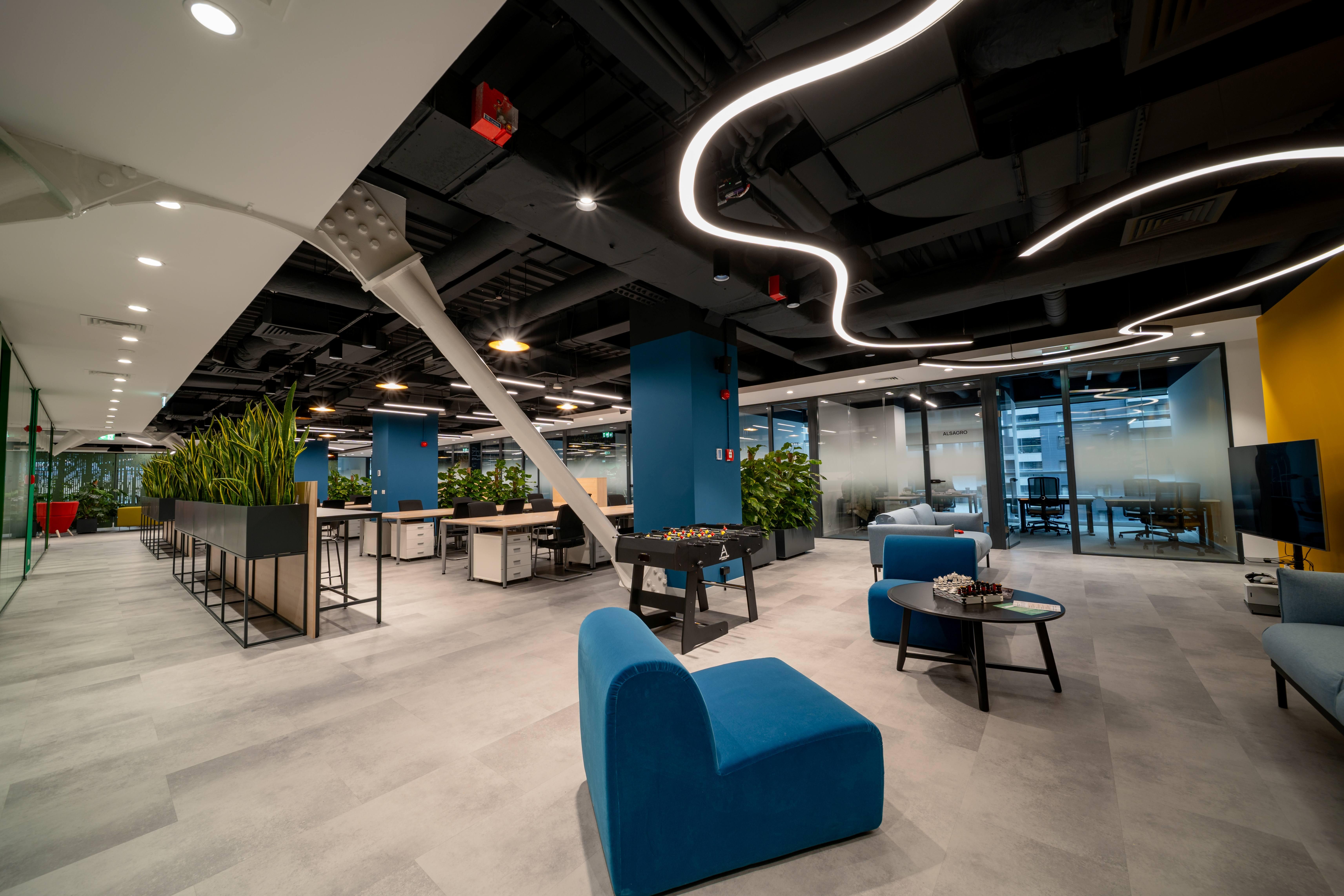
ESG & The Future of Work
ESG and sustainability are reshaping office design. How does Supertree integrate these principles into its coworking and fit-out projects?
Energy efficiency and sustainable materials are at the core of every Supertree project. From smart layout and infrastructure planning that optimizes energy use and comfort, to the selection of durable, eco-friendly finishes, sustainability is built into the design from the ground up.
We aim for interiors that positively impact both the people who work there and the environment. For us, ESG is not a trend, but a guiding principle that shapes every decision, ensuring that coworking and fit-out projects are efficient, resilient, and responsible. Sustainability is part of our DNA and a key factor in creating workspaces for the future.
How do technology and smart building systems enhance the coworking experience for tenants? Can you give examples of tools or innovations that make daily operations smoother?
Technology is essential to delivering a comfortable, efficient coworking experience. For example, smart building systems allow us to maintain optimal air quality and temperature, regardless of external conditions, while automated lighting adapts to natural light and occupancy levels.
We also integrate modern access control and security systems, ensuring that workspaces are safe and easy to manage. Together, these innovations simplify daily operations, reduce energy consumption, and enhance the overall workplace experience, allowing tenants to focus fully on their business.
What are the biggest trends you foresee shaping flexible workspaces over the next five years in Romania? Do you expect hybrid models and regional coworking hubs to grow further?
Yes, I strongly believe in this direction. Over the next five years, flexible workspaces will become an integral part of many companies’ strategies, with hybrid models and regional coworking hubs playing a key role.
Even large organizations will maintain a presence in coworking spaces - not necessarily as their main office, but as hubs for connection, collaboration, and access to vibrant business communities. As these networks grow, companies will increasingly value the networking opportunities, shared knowledge, and adaptability that coworking provides.
In essence, coworking is evolving from a temporary solution into a strategic component of modern organizational culture, enabling businesses to stay agile, connected, and ready to seize new opportunities.
Personal Insights
What aspect of your work gives you the greatest satisfaction? Is it seeing the final result, the client’s reaction, or the impact on the people who use the space?
As project manager, my first source of satisfaction comes from delivering a project on time and within budget, without compromising quality. It’s the moment when every technical and logistical decision proves to be the right one, and the project unfolds exactly as planned.
Then comes the human side - seeing how people interact with the space. When clients and end users enjoy the environment, use it naturally, and find it enhances their workday, you realize all the effort was worthwhile. True satisfaction comes from the positive impact a well-designed space has on the people who experience it every day.
Could you share a recent project that best represents Supertree’s vision of smarter, human-centric work environments?
We invite you to visit St. George Constantinescu 3, BOC Tower Building — a project that embodies Supertree’s vision of intelligent, flexible, and human-centric workspaces.
This space illustrates how we combine functionality with aesthetics, technology with comfort, and community with performance. It reflects our current stage of evolution, yet we are confident that we will continue to grow alongside its users, adapting to their needs and the changing ways people work.
Finally, how do you personally define a “successful workspace” in today’s world? What’s the one element that makes a space truly work for its users?
For me, a successful workspace is one where nothing feels missing, yet you continuously discover features and solutions you didn’t even realize you needed. It’s a space that provides comfort, clarity, and energy, making daily work easier and more inspiring.
A workspace truly succeeds when it supports performance effortlessly — when design, technology, and atmosphere come together, giving users the sense that they are exactly where they’re meant to be.
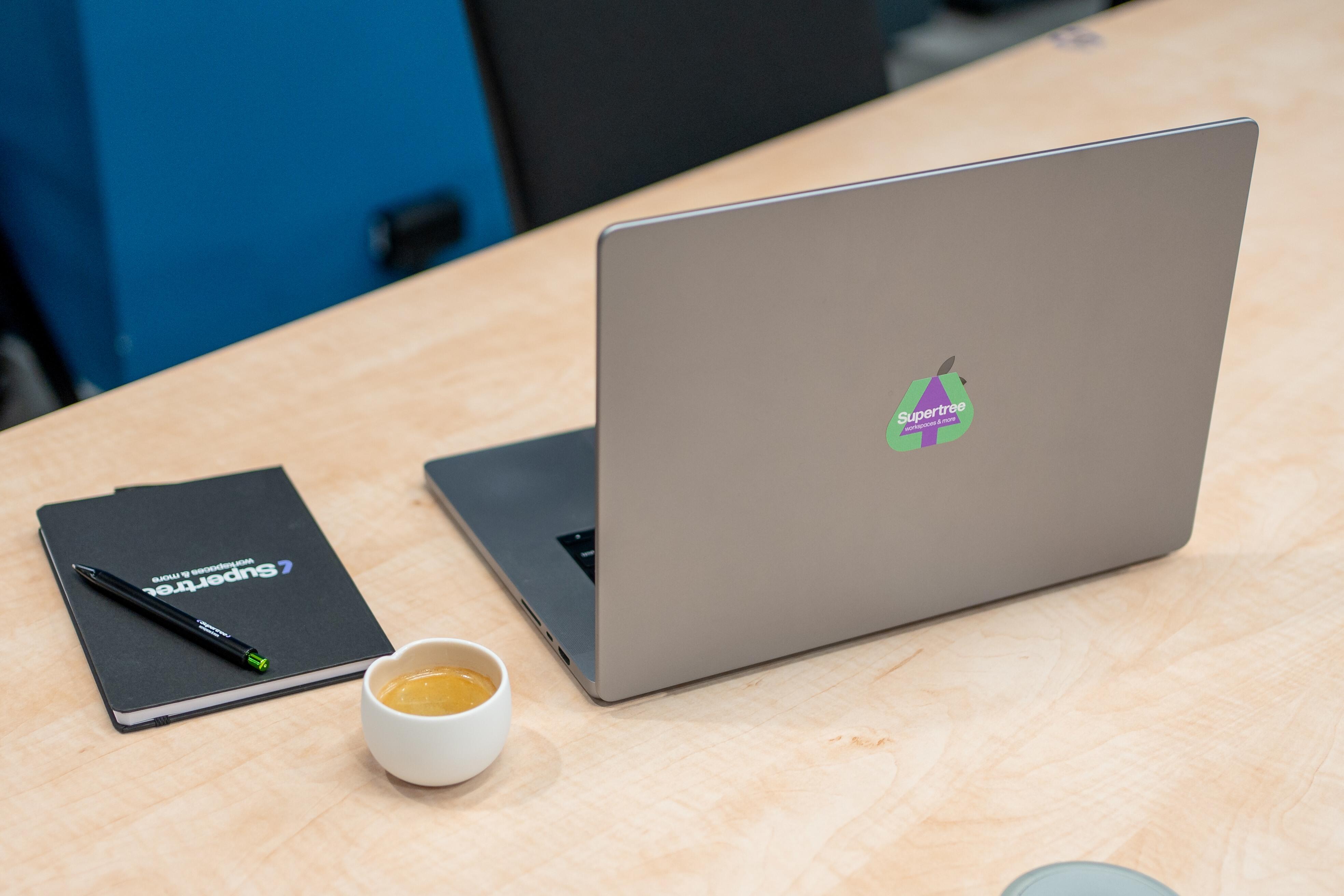
About Supertree
Supertree is a Romanian company specializing in office fit-outs, coworking management, and turnkey workspace solutions. With a focus on flexibility, quality, and sustainability, Supertree creates environments that help businesses adapt, grow, and thrive, supported by integrated business advisory and strategic partnerships. Supertree serves SMEs, startups, and international corporations, providing not just a workspace, but a complete ecosystem for smart, sustainable growth.
Learn more at www.supertree.ro
